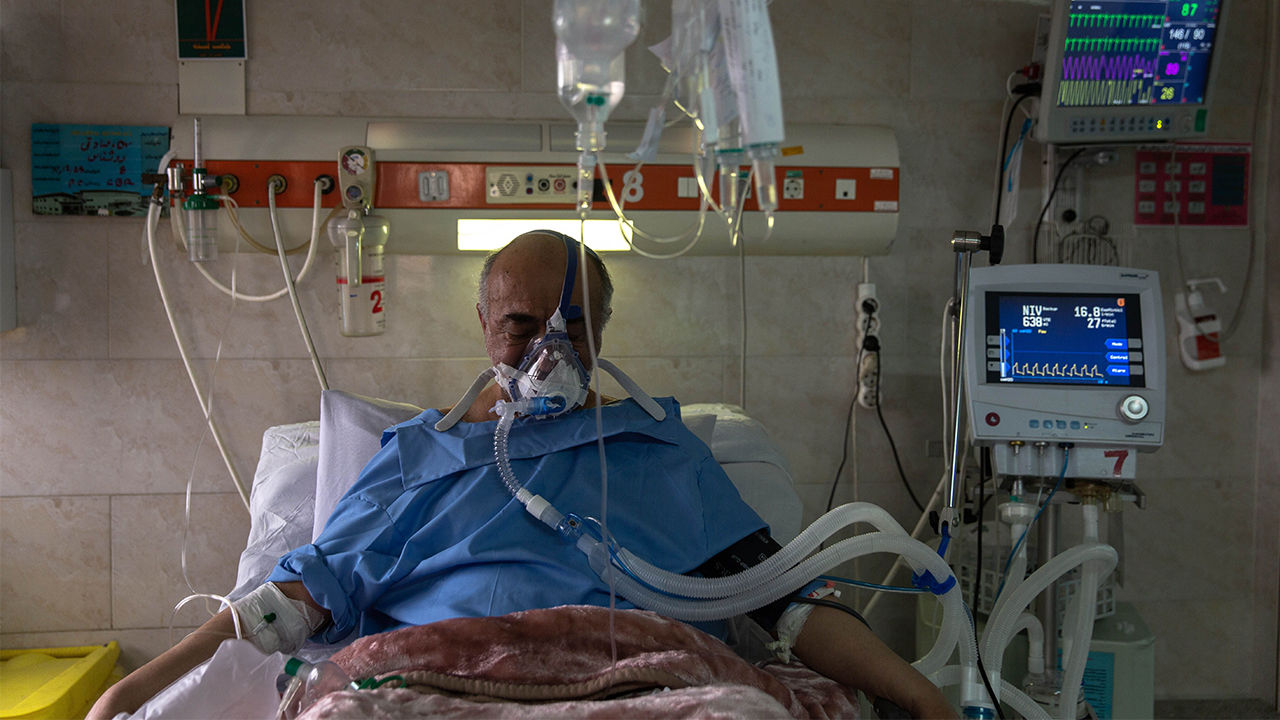Coronavirus: 75% of COVID-19 Survivors Still Have Symptoms

According to BGR reports, some doctors recently warned that even after the virus is cleared, the symptoms of the new Coronavirus will linger. A study from the United Kingdom showed that about 75% of new Coronavirus pneumonia survivors will still experience symptoms within a few months, including difficulty breathing, excessive fatigue and muscle aches. Doctors don’t know what causes this so-called “long-term COVID” symptom, but they are continuing to research patients and trying to come up with treatments that may alleviate these side effects of COVID-19.
Dr. Anthony Fauci recently detailed a phenomenon observed in an increasing number of recovered patients from COVID-19. According to Fauci, as many as one-third of COVID-19 patients will have symptoms for several months. “When we say, ‘young people who don’t need to be admitted to the hospital are okay, let them get infected, it’s okay,’ we had better be careful. No, it won’t work,” Fauci said earlier this week. “Among those young and otherwise healthy individuals,” Fauci added, “they do not need to be hospitalized, but they are indeed sick, and the symptoms are enough to lie in bed for a week or two or three weeks, and then get better, they clear the virus-but maybe They have residual symptoms for several weeks, sometimes even for months.”
- Disposal Protective Clothing for Medical Use
- How does ZeroVirus protect us from virus?
- N95/KN95 Protective Mask with Elastic Ear Loop
- Surgical Mask with Elastic Ear Loop 3 Ply Breathable and Comfortable
- ZeroVirus Space Portable Sterilization Bar
Not surprisingly, this is not only happening in the United States. COVID-19 patients around the world may experience a so-called “long-term COVID” symptom. A new study from the United Kingdom claims that about 75% of patients are still suffering from new coronavirus symptoms a few months after the virus has been cleared.
According to Sky News, a research team from South Mead Hospital in Bristol is part of a project to study the long-term effects of the disease. They studied 110 discharged patients and found that 81 of them still had COVID-19 symptoms within 12 weeks of recovery. This is in a larger cohort of 163 patients, of which 19 died. Others did not participate in the three-month inspection.
The report explains that dyspnea, excessive fatigue and muscle aches are among the symptoms reported by convalescent patients. Many people end up struggling with routine daily tasks, such as taking a shower, dressing themselves or going back to work.
Most patients report improvement in the initial set of symptoms, including fever, cough, and loss of smell. In addition, most of them have no obvious pulmonary complications, such as scarring or reduced function of lung tissue. The lungs of patients who need oxygen therapy in the hospital have changed during specific tests, including lung scans and lung function tests.
The research will continue because doctors have not provided answers to patients whose quality of life is significantly affected by the virus. “There is still a lot we don’t know about the long-term impact of the new coronavirus, but this research gives us a crucial new understanding of the challenges patients may face in the recovery process, and will help us meet these needs. Be prepared,” Dr. Rebecca Smith told Sky News.
The report pointed out that people of any age may have “long-term COVID” symptoms. The report provides an example from the medical community. Dr. Jake Suett, a 31-year-old doctor, survived COVID-19 without any underlying symptoms. However, he is also dealing with various symptoms that appear after the illness, including chest pain, breathing difficulties, blurred vision, memory loss, fever and concentration problems.
“I still can’t breathe when I wash up or walk around the house,” the NHS doctor said. “I spent three days just breathing in bed. I really thought I was going to die. It was very painful. Since then, the situation has improved, but it hasn’t improved much, just very, very slowly. I have also experienced stomach problems. Symptoms and sore limbs.”
